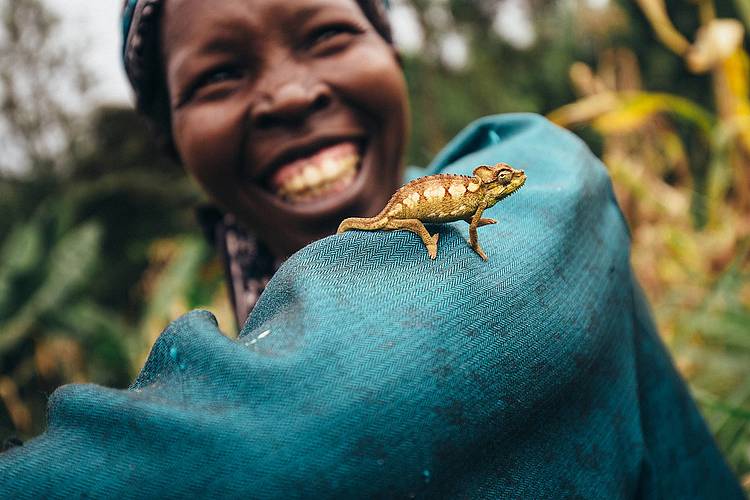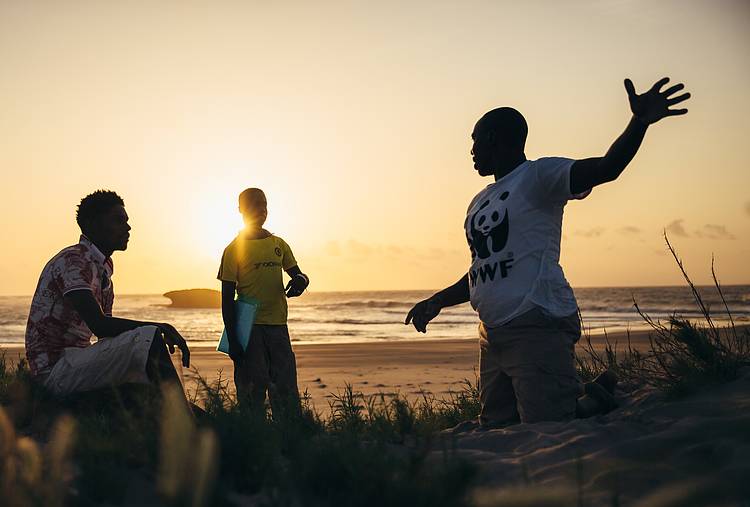Nature is our life support system
From the fresh air we breathe to the clean water we drink, nature provides the essentials for our survival and well-being.
And, from the insects that pollinate our crops to the millions of jobs in forestry and fishing, it drives much of our economic activity.
Nature too plays a vital role in preventing dangerous climate change, with trillions of plants on land and in coastal waters storing carbon that would otherwise add to global warming.
All of these immense benefits to humanity, worth an estimated US$125 trillion a year, are the outcome of complex processes that rely on a hugely diverse natural world.
The accelerating impact of the way we live and work – from the food we eat to how we build infrastructure – means we are losing nature faster than it can restore itself.
Without urgent action, significant harm to people and planet is inevitable: critical cuts in food and water availability as the global population continues to grow; staggering losses in productivity – an estimated US$24 trillion a year in the Americas alone; the mass extinction of one million species that will disrupt the natural processes we all rely on; and a deepening global climate crisis.
Meanwhile, the warning signs continue to mount. Populations of species have declined on average by 68% since 1970. And 75% of land has been significantly altered by human activities, with 87% of wetlands already lost.

Help people and nature to thrive

What WWF is doing
Working with many others, WWF is striving to protect and restore natural habitats, stop the mass extinction of wildlife, and make the way we produce and consume sustainable.